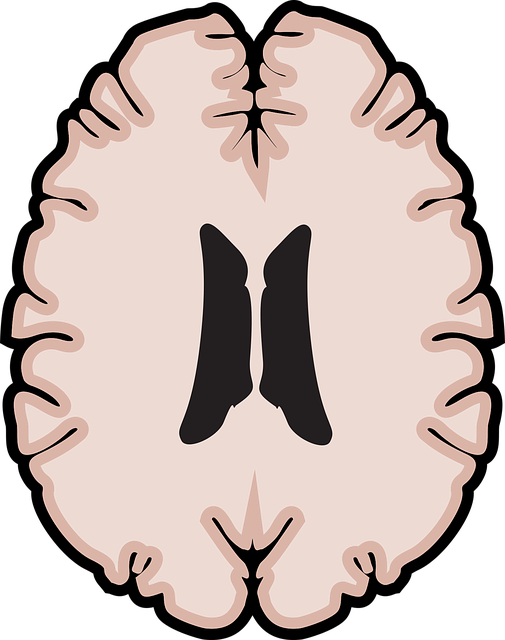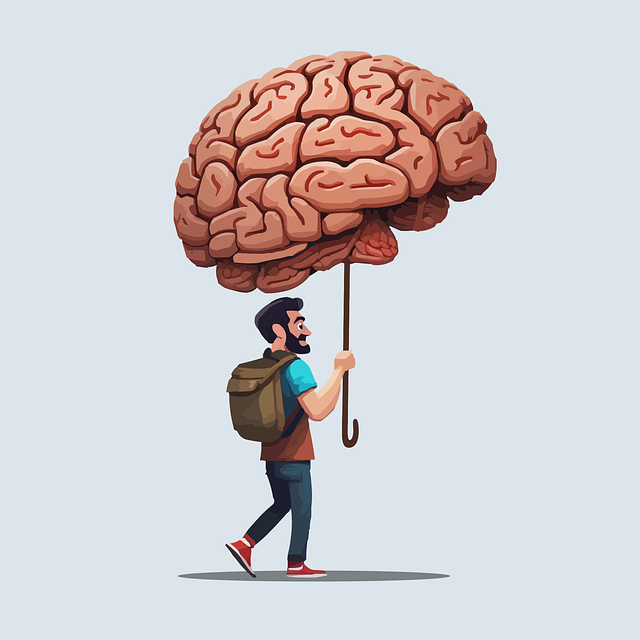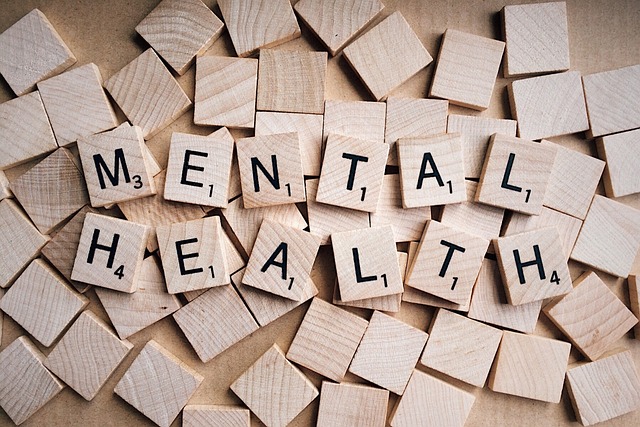Self-care is essential for holistic well-being, benefiting both children and therapists. For kids, early self-care practices enhance social skills, emotional resilience, and stress management, while therapists need optimal self-care to provide effective therapy, boosting empathy and therapeutic outcomes. Public awareness campaigns promote emotional well-being techniques, ensuring access to resources. In clinical settings, enhancing therapist self-care through strategies like regular therapy sessions and mental health policy advocacy improves patient care and work-life balance. Therapists play a vital role in breaking barriers to children's self-care, guiding them with mindfulness, journaling, and creative outlets for better mental wellness and relationships.
“Unwind, rejuvenate, and reconnect – self-care isn’t a luxury but an essential practice for both children and therapists. This article explores the fundamental role of self-care in promoting well-being, delving into unique strategies tailored to clinical settings. We uncover innovative therapist-led initiatives to encourage self-care among children, fostering healthier mindsets and enhancing therapy outcomes. By understanding the significance of self-care in therapy for both practitioners and their young clients, we can create a more nurturing and effective therapeutic environment.”
- Understanding Self-Care: The Cornerstone of Well-Being for Children and Therapists
- Strategies for Enhancing Self-Care Practices in Clinical Settings
- Breaking Down Barriers: Encouraging Self-Care for Kids Through Therapist-Led Initiatives
Understanding Self-Care: The Cornerstone of Well-Being for Children and Therapists

Self-care isn’t a luxury—it’s a fundamental aspect of holistic well-being, especially for children and therapists alike. For kids, cultivating healthy self-care habits early on can significantly impact their social skills development and emotional resilience. It teaches them to manage stress, set boundaries, and prioritize their mental health, all essential components for navigating life’s challenges. Therapists, too, cannot provide optimal care without acknowledging and nurturing their own emotional well-being.
In the context of therapy for both children and therapists-clinicians, self-care becomes a powerful tool. It enhances therapeutic outcomes by allowing professionals to approach sessions with renewed energy and empathy. Techniques like Social Skills Training can be incorporated into self-care routines, fostering better connections between therapist and client. Additionally, Public Awareness Campaigns Development plays a crucial role in promoting the importance of emotional well-being promotion techniques, ensuring that both therapists and children have access to the resources needed for effective self-care.
Strategies for Enhancing Self-Care Practices in Clinical Settings

In clinical settings, enhancing self-care practices among therapists and clinicians is paramount for maintaining a healthy work-life balance and ensuring optimal patient care. Incorporating strategies such as regular therapy sessions for children and adults can help professionals develop effective emotional regulation skills. This not only improves their resilience but also allows them to better understand and support their patients’ mental health needs.
Moreover, fostering a culture of mental health policy analysis and advocacy within healthcare institutions can further strengthen self-care initiatives. By advocating for policies that prioritize staff well-being, organizations can create environments that encourage open discussions about stress management, work-life integration, and the importance of resilience building. Such efforts collectively contribute to a more sustainable and compassionate healthcare system.
Breaking Down Barriers: Encouraging Self-Care for Kids Through Therapist-Led Initiatives

Breaking down barriers to self-care for children is a vital initiative led by therapists and clinicians who understand the profound impact on mental wellness. Many kids face challenges in adopting healthy self-care practices due to various factors, such as limited access to resources or a lack of awareness about their importance. Therapy for children offers a safe space where professionals can guide young individuals towards developing essential skills.
Through engaging therapy sessions, therapists can teach kids about the power of self-care, helping them build confidence and resilience. These initiatives may include activities like mindfulness exercises, journaling prompts, or creative outlets that encourage kids to express their emotions and develop healthy coping mechanisms. By incorporating these practices into their routines, children can enhance their overall mental wellness and foster a positive relationship with themselves.
In conclusion, enhancing self-care practices among both children and therapists is a multifaceted approach that combines education, support, and initiative. By understanding the cornerstone role of self-care in well-being, implementing strategic clinical settings improvements, and breaking down barriers through therapist-led initiatives, we can foster healthier, more resilient individuals. Whether you’re a parent seeking therapy for children or a clinician looking to improve self-care practices, these insights offer a starting point for creating a holistic, nurturing environment that benefits all parties involved.














